Peter D. Grunwald, In Jae Myung, Mark A. Pitt0262072629, 9780262072625, 9781423729440
The process of inductive inference—to infer general laws and principles from particular instances—is the basis of statistical modeling, pattern recognition, and machine learning. The Minimum Descriptive Length (MDL) principle, a powerful method of inductive inference, holds that the best explanation, given a limited set of observed data, is the one that permits the greatest compression of the data—that the more we are able to compress the data, the more we learn about the regularities underlying the data. Advances in Minimum Description Length is a sourcebook that will introduce the scientific community to the foundations of MDL, recent theoretical advances, and practical applications. The book begins with an extensive tutorial on MDL, covering its theoretical underpinnings, practical implications as well as its various interpretations, and its underlying philosophy. The tutorial includes a brief history of MDL—from its roots in the notion of Kolmogorov complexity to the beginning of MDL proper. The book then presents recent theoretical advances, introducing modern MDL methods in a way that is accessible to readers from many different scientific fields. The book concludes with examples of how to apply MDL in research settings that range from bioinformatics and machine learning to psychology. | |
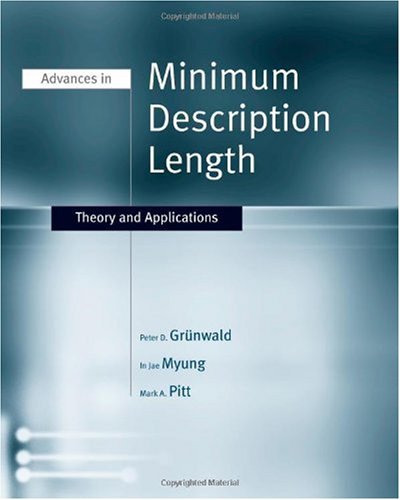
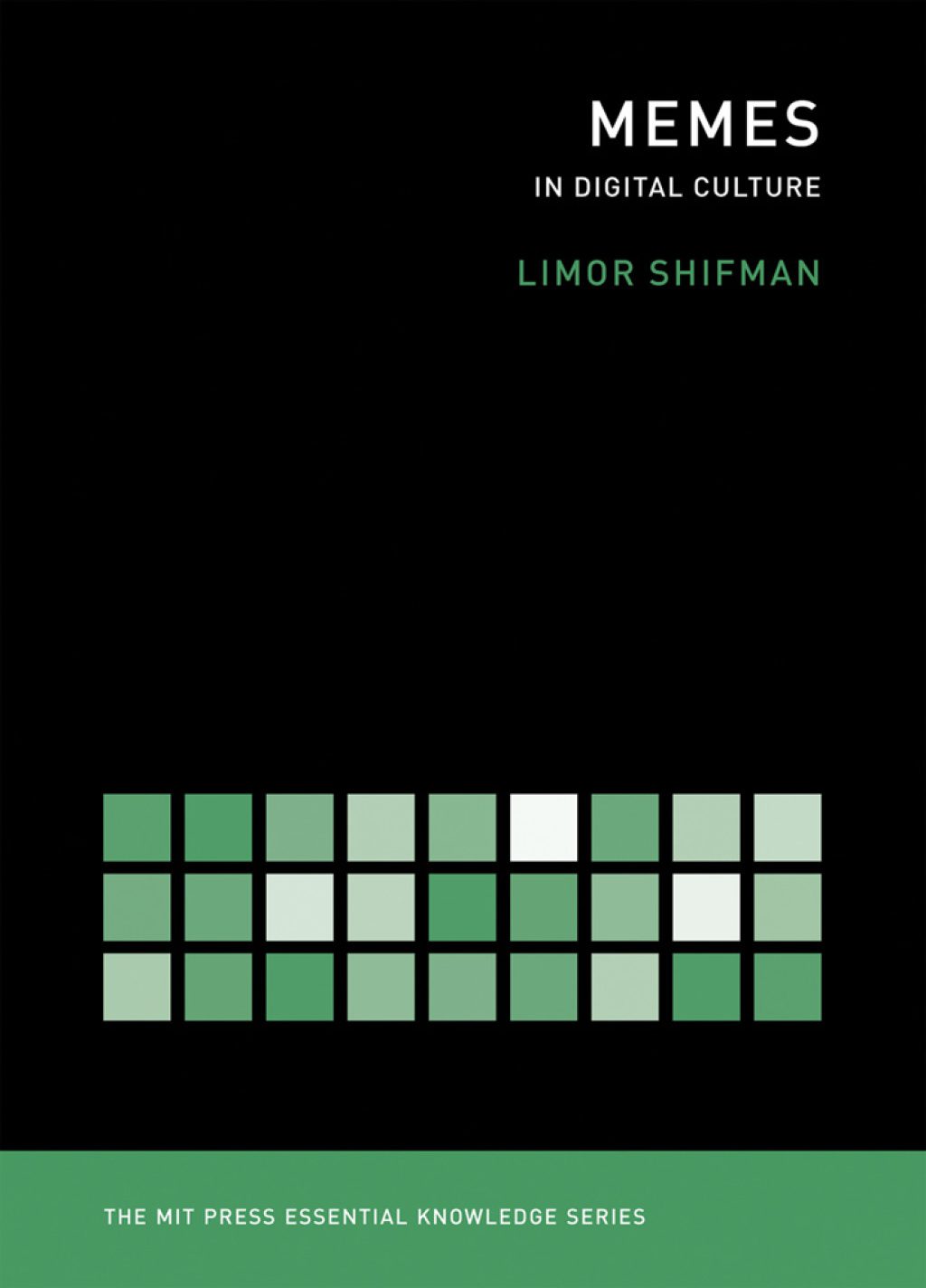
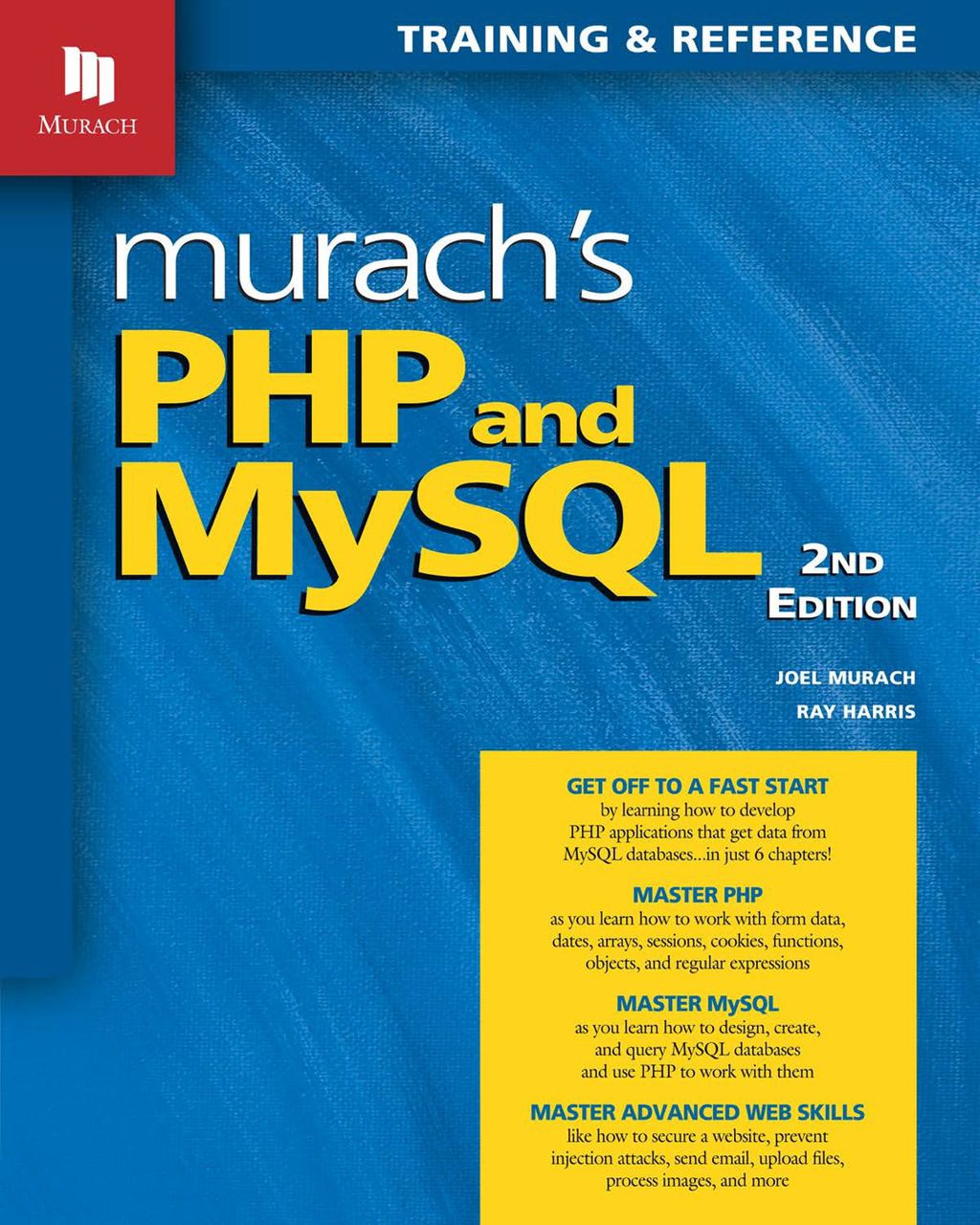

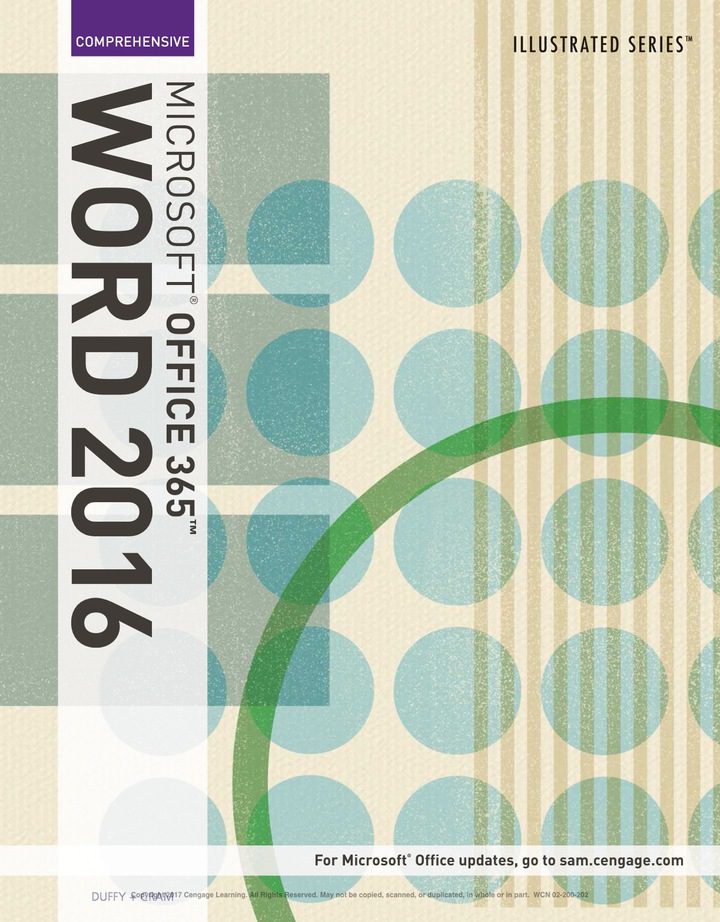
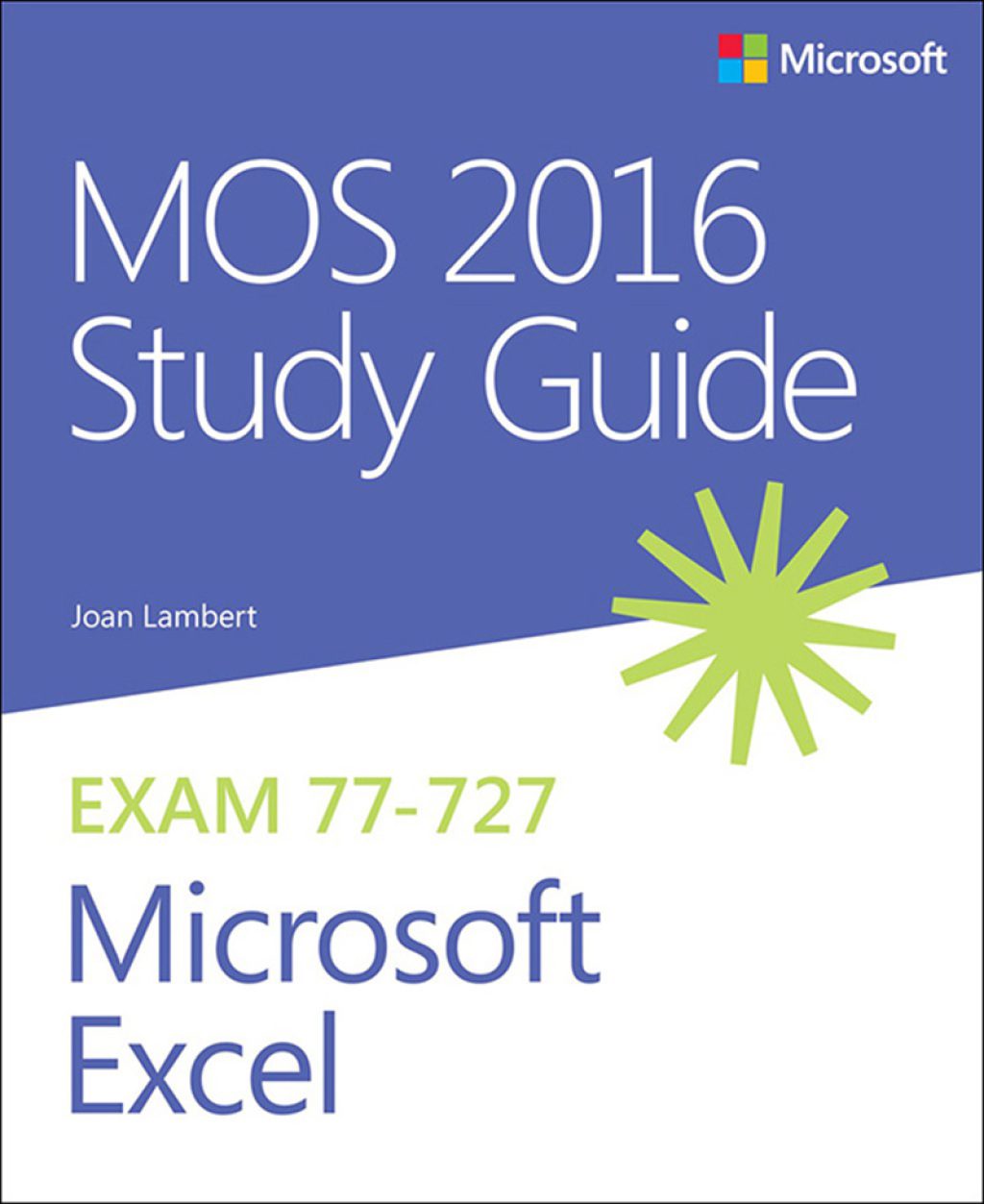

Reviews
There are no reviews yet.